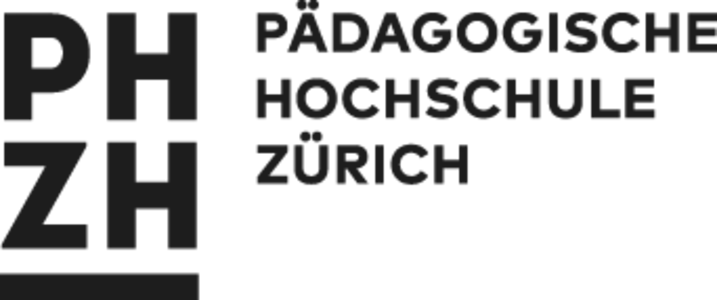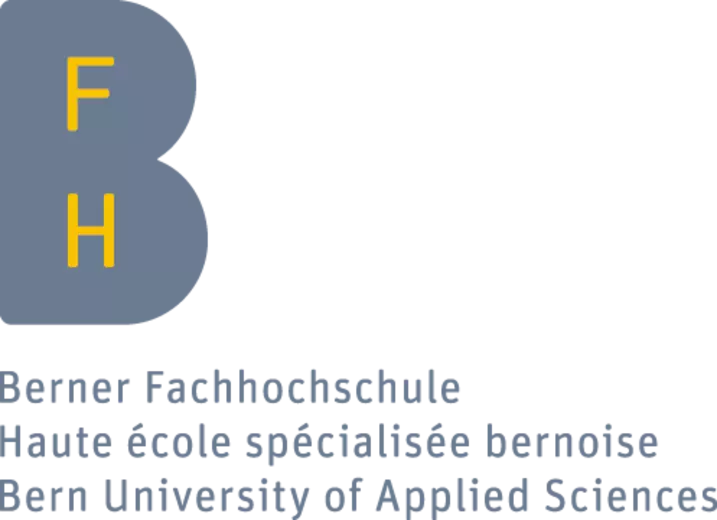Digital literacy in university contexts (DigLit)
As digitalisation progresses, new technologies can offer valuable support to academic writers. However, research and practice show that students and their lecturers are often not aware of the applicability of available tools and are unable to exploit their full potential. These are the issues addressed by the DigLit project, supported by swissuniversities and the partner institutions.
Writing in most contexts today is done with digital, computer-assisted support. Technologies based on artificial intelligence (AI) such as intelligent tutoring (IT), automated writing evaluation (AWE), automated text production (ATP) and machine translation (MT) present new opportunities, perspectives, and risks for tertiary education. The challenge in university contexts is to determine how the advantages of AI-related technology can be leveraged in language teaching and academic writing while minimizing potential issues such as ineffective communication, miscommunication, and misuse (e.g. plagiarism). The main goal of the project is to show how they can be brought systematically into classrooms and coaching as surrogates for how to exploit AI in education, empowering lecturers and students by demonstrating how smart machines can help students to improve their writing. In order to meet this goal, we will evaluate the applicability of various types of digital multilingual writing support in Swiss universities and heighten current and potential users’ awareness of the opportunities and risks they entail.
Objectives
The project objectives will be achieved in four phases devoted to the following activities:
- needs analysis and identification of digital academic literacy practices in participating universities;
- development and implementation of informed interventions;
- evaluation of interventions and refinements to materials where necessary;
- dissemination of results to participating universities and beyond.
Project information
Leading house: ZHAW School of Applied Linguistics
Project financing: P-8 Digital Skills programme, coordinated by swissuniversities and the partner universities
Overall budget: CHF 2.06 million
Project duration: January 2021 – December 2024




